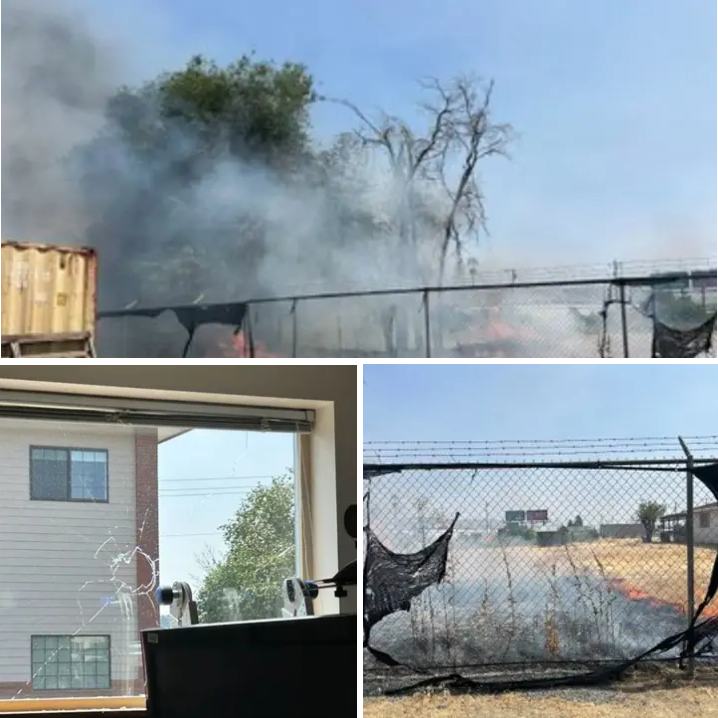The tragic case of Rachel Morin’s murder has come to a close with a guilty verdict for Victor Martinez-Hernandez, an undocumented migrant from El Salvador. This case, marked by a brutal crime and emotional courtroom testimonies, has reignited debates around border security and immigration enforcement. Martinez-Hernandez was convicted of raping and murdering Morin, a mother of five, in August 2023 after a swift, unanimous jury decision. The trial exposed chilling details about the assault and murder that took place on a peaceful Maryland trail, shaking the local community and grabbing national attention. According to the Morin family’s attorney, Randolph Rice, this conviction not only brings justice but also highlights major gaps in immigration enforcement that, he believes, made the crime possible.
The events leading up to Rachel Morin’s death began when Martinez-Hernandez, who had reportedly entered the U.S. multiple times despite previous apprehensions, arrived in Bel Air, Maryland. Described by Rice as someone who drifted through communities with no stable ties, he allegedly relied on acquaintances for housing and made little effort to build a lawful life. His journey ultimately took a sinister turn on the Ma & Pa Trail, where Morin was last seen jogging. Investigators determined that she was dragged into a secluded tunnel, where she was raped and murdered. Evidence including her Apple Watch, which had geolocation data, and DNA traces, played a key role in linking Martinez-Hernandez to the crime scene. Witnesses who discovered her body described an unforgettable scene, underscoring the brutality of the act.
Forensic evidence painted a horrifying picture: Morin suffered as many as 20 blunt force injuries to the head and had signs of strangulation. Autopsy results confirmed that her death was the result of both head trauma and asphyxiation. Witnesses during the trial recalled the disturbing discovery of her body among blood-stained rocks and underbrush. Among the most gut-wrenching moments of the courtroom proceedings was the emotional testimony from Morin’s 14-year-old daughter, who bravely took the stand to recount the devastation of losing her mother. The randomness of the crime and the fact that Morin had no prior connection to her attacker intensified the tragedy.
Rice emphasized that this tragedy could have been avoided, citing Martinez-Hernandez’s repeated entries into the country as evidence of systemic failures. After being deported on three prior occasions, he was able to cross the border a fourth time. Before arriving in Maryland, he had already committed violent acts in California, including breaking into a home and assaulting a mother and her daughter. Law enforcement efforts were eventually successful in tracking him down using digital evidence and DNA analysis. He was apprehended at a bar in Tulsa, Oklahoma, with saved screenshots about Morin’s murder on his phone—a sign, investigators said, that he knew authorities were closing in.
The case has also stirred political controversy. Patty Morin, Rachel’s mother, delivered a passionate statement at the White House, calling for stronger immigration enforcement and prioritization of American lives. Her comments reflected the anguish and frustration felt by families affected by violent crimes involving undocumented immigrants. Meanwhile, Senator Chris Van Hollen faced criticism for his attention to another El Salvadoran migrant’s case while, according to Rice, seemingly neglecting the needs of Maryland citizens like Rachel Morin. Though Van Hollen later called for immigration reform and expressed support for law enforcement, the incident fueled ongoing debates about national security, justice, and the responsibilities of elected leaders. With Martinez-Hernandez facing life imprisonment, Morin’s family now seeks closure—and hopes that her death serves as a wake-up call for meaningful policy change.



